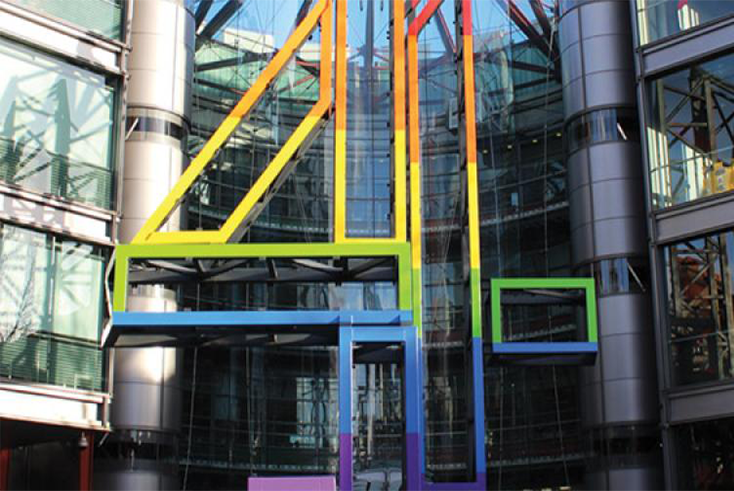Channel 4 ‘disappointed’ as UK Government pushes ahead with privatisation

The UK Government will push ahead with the privatisation of Channel 4 after rejecting the broadcaster’s proposals to keep it in public ownership.
The Department for Digital, Culture, Media and Sport will formally begin a process to sell off the advertising-funded broadcaster after a 10-week public consultation.
The broadcaster said it was “disappointing” that the sale would go ahead “without formally recognising the significant public interest concerns which have been raised”.
In an email to staff members this evening, C4 CEO Alex Mahon said: “We have been informed in the last hour that the Government will shortly announce that the Secretary of State has decided to proceed with the proposal to privatise Channel 4.
“In our engagement with Government during its extended period of reflection, we have proposed a vision for the next 40 years which we are confident would allow us to build on the successes of the first 40.
“That vision was rooted in continued public ownership, and was built upon the huge amount of public value this model has delivered to date and the opportunity to deliver so much more in the future.
“But ultimately the ownership of C4 is for Government to propose and Parliament to decide.”
Several newspapers have quoted a ministerial source suggesting that public ownership is “holding [C4] back in the face of a rapidly changing and competitive media landscape”.
The source said: “C4 is a great business with a strong brand built around it being creative, innovative and distinctive but a change of ownership will remove its straightjacket, giving C4 the freedom to innovate and grow so it can flourish and thrive long into the future and support the whole of the UK creative industries.”
Ministers will reinvest proceeds from the sale, the source said, adding: “They want to use the cash resulting from the sale to spend on a ‘creative dividend’ – putting money into independent production and levelling up wider creative skills in priority parts of the country.”
The move will require legislation, in the form of a draft Media Bill in the upcoming Queen’s Speech, as C4’s unique position as a publicly-owned, commercially-funded broadcaster is protected by law.
The broadcaster does not currently receive any Government funding or money from the licence fee. Nadine Dorries, the Culture Secretary who leads the DCMS, did not appear to know this when questioned by MPs about the future of C4 in November.
The consultation into C4’s sale led to objections from within the sector the grounds that its commitment to diverse and groundbreaking content could be watered down in private hands.
Critics have also warned the decision will hurt independent production companies that rely on commissions from the broadcaster.
C4 added in a statement: “With over 60,000 submissions to the Government’s public consultation, it is disappointing that today’s announcement has been made without formally recognising the significant public interest concerns which have been raised.
“C4 has engaged in good faith with the Government throughout the consultation process, demonstrating how it can continue to commission much-loved programmes from the independent sector across the UK that represent and celebrate every aspect of British life as well as increase its contribution to society, while maintaining ownership by the public.
“Recently, C4 presented DCMS with a real alternative to privatisation that would safeguard its future financial stability, allowing it to do significantly more for the British public, the creative industries and the economy, particularly outside London. This is particularly important given that the organisation is only two years into a significant commitment to drive up its impact in the UK’s Nations and Regions.”




